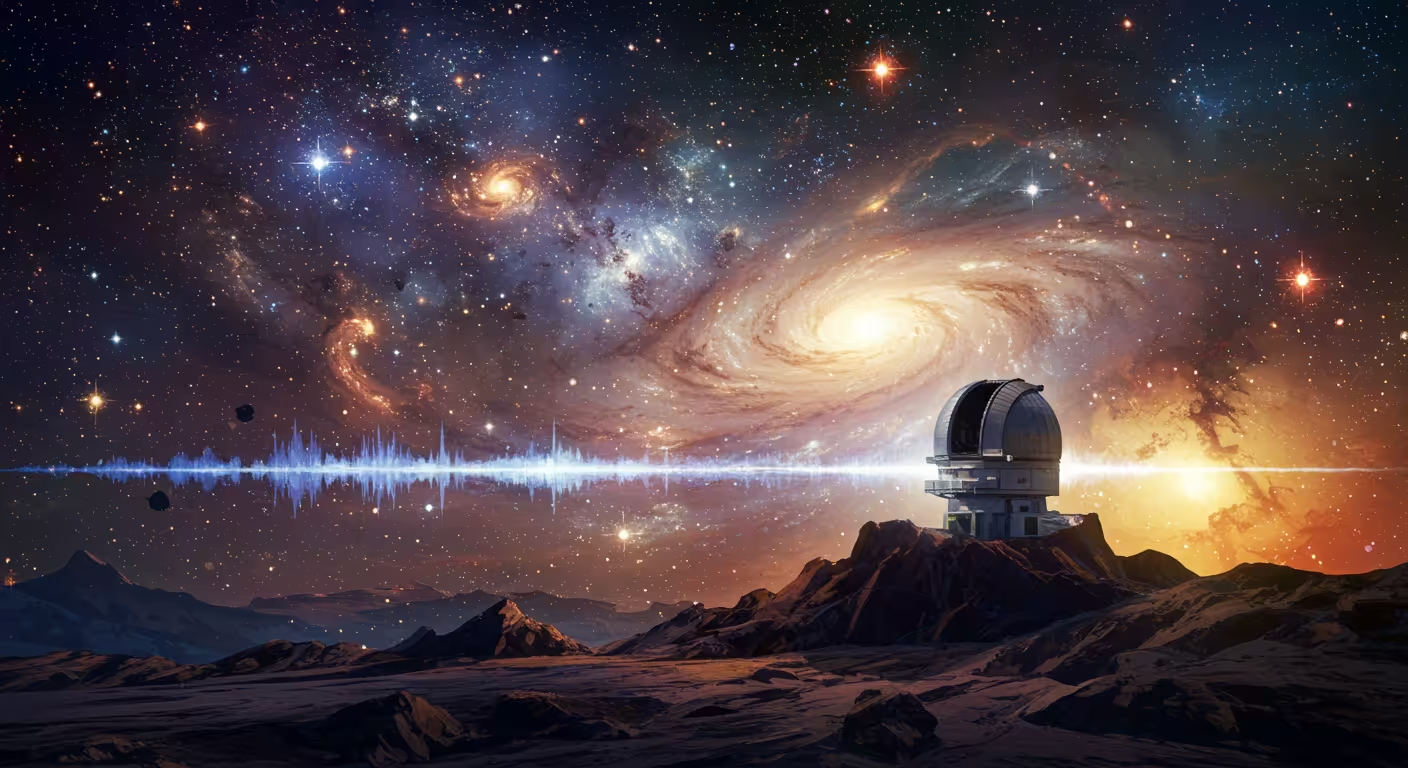- Sections
- Ruby
- Web Development
- Artificial Intelligence
- Urban Planning
- Astronomy
- Issue Navigation
- Previous Issue
- Next Issue
Friday, July 25, 2025
The Digital Press
All the Bits Fit to Print
Friday, July 25, 2025
All the Bits Fit to Print
Exploring SETI prospects in extreme environments inspired by science fiction and recent research.

Science fiction has inspired real scientific inquiry into extreme environments as potential habitats for life and SETI (Search for Extraterrestrial Intelligence) targets, expanding the scope beyond Earth-like conditions to exotic places like neutron stars and high-energy astrophysical sites.
Why it matters: Science fiction models encourage researchers to consider unconventional habitats where life or civilizations might exist, broadening SETI’s search parameters.
The big picture: Early works like Hal Clement’s "Mission of Gravity" and Robert Forward’s "Dragon’s Egg" blend astrophysics and biology to imagine life thriving under extreme physical conditions.
The stakes: Exploring high-energy environments as potential technosignature sources challenges traditional astrobiology but could reveal advanced civilizations exploiting extreme energy resources.
Commenters say: Readers appreciate the rich interplay between science fiction and astrophysics, debating the plausibility of exotic life and the role of imagination in expanding SETI’s horizons.